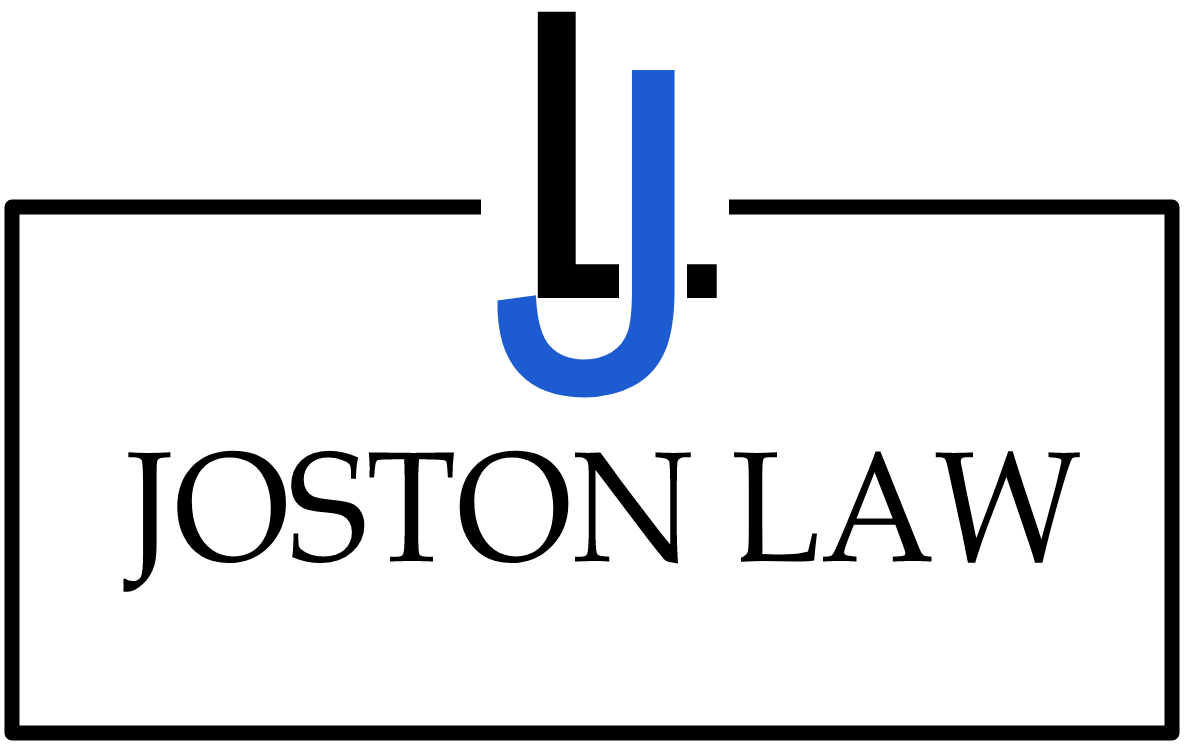What is a separation agreement?
Separation agreements allow two spouses to live "separate and apart" from the other without legally ending their marriage. They may choose to live in separate homes, but it’s not required in order to be legally separated. The Divorce Act is a Canadian federal law governing divorce and the consequences of separation of married couples. It is key to note that a separation agreement is not the same as a divorce; you must apply with the court to get a divorce after being separated for one year.
The process of a separation can be confusing; a properly drafted separation agreement can help clarify the rights and obligation of both parties involved. The separation agreement will also provide finality to the terms of the breakup. In other words, it will ensure that one party can not claim they are entitled to supports, assets, etc. after the separation.
Type of terms in a separation agreement:
- Division of assets, including financial and business assets;
- Child support; and
- Child custody and access
Elements for a valid separation agreement:
- Full financial disclosure must be exchanged between both parties;
- Each party must obtain independent legal advice to ensure they understand the terms and legal consequences of the agreement; and
- Both parties must comply with the formalities of the Family Law Act.
At Joston, our legal representatives at Joston will work closely with clients to negotiate and draft agreements that are unique to your family’s circumstances.
In Small Claims Court in Ontario, you can sue a person or business for money or the return of personal property valued at $25,000 or less, not including interest or cost. If you are suing for more than $35,000, your case will need to appear before the Superior Court of Justice (Civil Court).
A Plaintiff's Claim (Form 7A) commences the action in Small Claims Court. The party who brings the action is called the plaintiff. Defence (Form 9A) is a chance for the defendant to either agree to all or part of the Plaintiff's Claim or to refute it altogether. A Defendant's Claim (Form 10A) may be filed by a defendant to an action where the defendant makes a claim in the action against another person, or another party (such as the plaintiff, or a co-defendant).
Your claim must fall under one of the two categories:
1. Claims for money owed under an agreement, such as:
- Unpaid accounts for goods or services sold and delivered
- Unpaid loans
- Unpaid rent
- NSF cheques
2. Claims for damages, such as:
- Property damage
- Breach of contract
- Defective workmanship
- Unpaid debt
- Negligence
- Defamation of character
- Wrongful dismissal
- Unjust enrichment
- Duress
The paralegals here at Joston Legal Services can help you determine whether you have sufficient enough of a claim to sue in Small Claims Court, or whether to simply send a Pending Litigation Warning letter.
While a court ordered judgement may guarantee that a debtor has to pay, the other party often experiences difficulties with collecting the money ordered by judgement. If you've already been through the Small Claims Court process and have yet to receive the money owing to you, we can assist you in debt enforcement proceedings.
In Small Claims Court in Ontario, you can sue a person or business for money or the return of personal property valued at $25,000 or less, not including interest or cost. If you are suing for more than $35,000, your case will need to appear before the Superior Court of Justice (Civil Court).
A Plaintiff's Claim (Form 7A) commences the action in Small Claims Court. The party who brings the action is called the plaintiff. Defence (Form 9A) is a chance for the defendant to either agree to all or part of the Plaintiff's Claim or to refute it altogether. A Defendant's Claim (Form 10A) may be filed by a defendant to an action where the defendant makes a claim in the action against another person, or another party (such as the plaintiff, or a co-defendant).
Your claim must fall under one of the two categories:
1. Claims for money owed under an agreement, such as:
- Unpaid accounts for goods or services sold and delivered
- Unpaid loans
- Unpaid rent
- NSF cheques
2. Claims for damages, such as:
- Property damage
- Breach of contract
- Defective workmanship
- Unpaid debt
- Negligence
- Defamation of character
- Wrongful dismissal
- Unjust enrichment
- Duress
The paralegals here at Joston Legal Services can help you determine whether you have sufficient enough of a claim to sue in Small Claims Court, or whether to simply send a Pending Litigation Warning letter.
While a court ordered judgement may guarantee that a debtor has to pay, the other party often experiences difficulties with collecting the money ordered by judgement. If you've already been through the Small Claims Court process and have yet to receive the money owing to you, we can assist you in debt enforcement proceedings.

